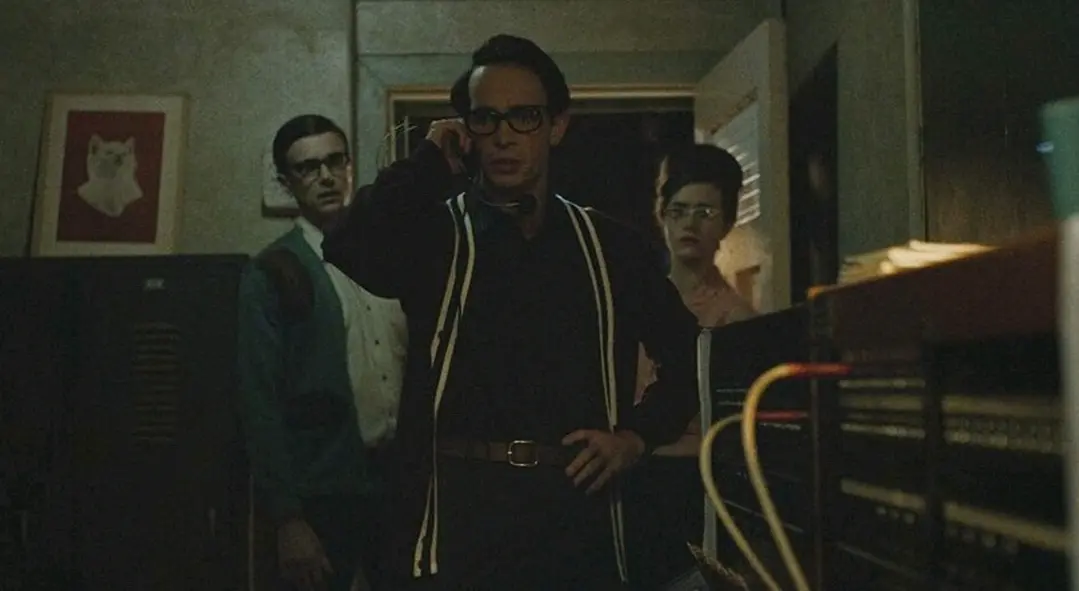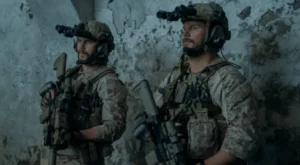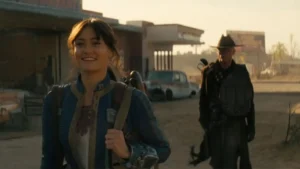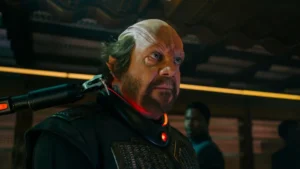Summary
The Vast of Night is intelligent, well-made, and completely satisfying storytelling. Director Andrew Patterson’s film is nothing short of a scintillating debut.
Amazon Prime Video’s The Vast of Night is the kind of film put together on a shoestring budget (by today’s standards anyway) that most studios should make more of. Not because the B-movie was a staple in the roaring twenties or when they came back with a vengeance in ’80s homages to those films, but because the narrative is straightforward yet effective. This auspicious directorial debut by Andrew Patterson is a remarkably self-assured throwback that captures the essence of a young Steven Spielberg and J.J. Abrams. It is intelligent, well-made, and utterly satisfying storytelling.
The film takes place in the 1950s, when America’s youth is in the post-war era and living in a “fabulous” era. The baby boomers are dreamers, looking to the sky for a better life when their parents just wanted to settle down in a home and raise a family after a turbulent world war. During this night, a 16-year-old girl, Fay (Sierra McCormick), and a radio DJ, Everett (Jake Horowitz), happened to come across an unusual radio disturbance in the middle of an eerie New Mexico night. If that wasn’t enough, a man named Billy (All Eyez On Me’s Bruce Davis) calls Everett’s radio show and has a conversation with him on-air that will propel the young duo to an investigation that they won’t quit, no matter where it leads.

Director Andrew Patterson’s film is laid out as an episode of a fictional science fiction series, Paradox Theatre, which by all accounts is an homage to Rod Sterling’s The Twilight Zone. The gimmick, at first, throws the audience off, but once you give yourself over to it (and get the inside reference), you begin to enjoy The Vast of Night from their narrative point of view. The script from James Montague and Craig W. Sanger is their freshman feature and is a well-designed one. Along with Patterson’s strong sense of pacing and style, featuring M.I. Littin-Menz’s (Resistance) evocative cinematography, along with a single gliding shot across the town that is mesmerizing, the team holds your attention. This is a remarkable achievement since the first two-thirds of the film are heavy with chin-wagging between each character, and the action may seem stagnant. Still, it is replaced by its crackling, hypnotic dialogue.
My only complaint about The Vast of Night is the film’s title when Paradox Theatre could have been a finer choice and even set up a franchise of anthology sequels — though that has never stopped Hollywood before. It takes you to another time and place, in an era that was thought to be peacetime but captures the themes of paranoia and covert conflicts at the beginning of the Cold War. It’s as much about the role of the media and government coverup as it’s a science-fiction noir, albeit in a much smaller form of filmmaking. His retro take is turned into something that feels entirely fresh and relevant. The title may be a bore, but Patterson’s film is nothing short of a scintillating debut.



